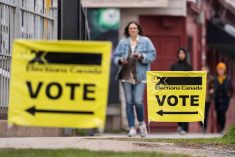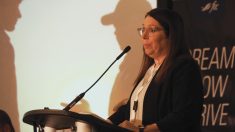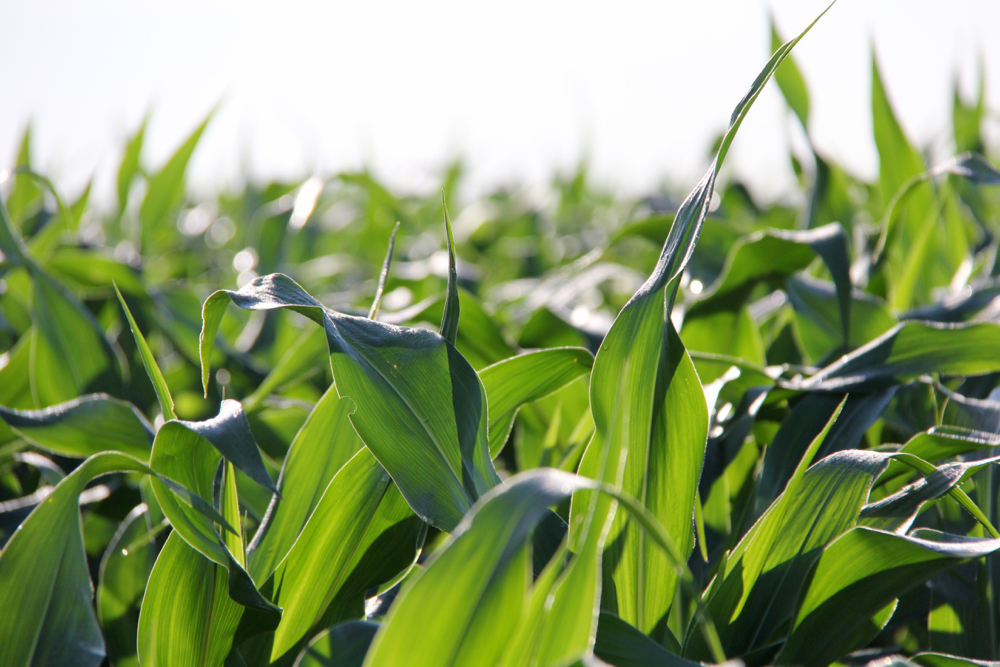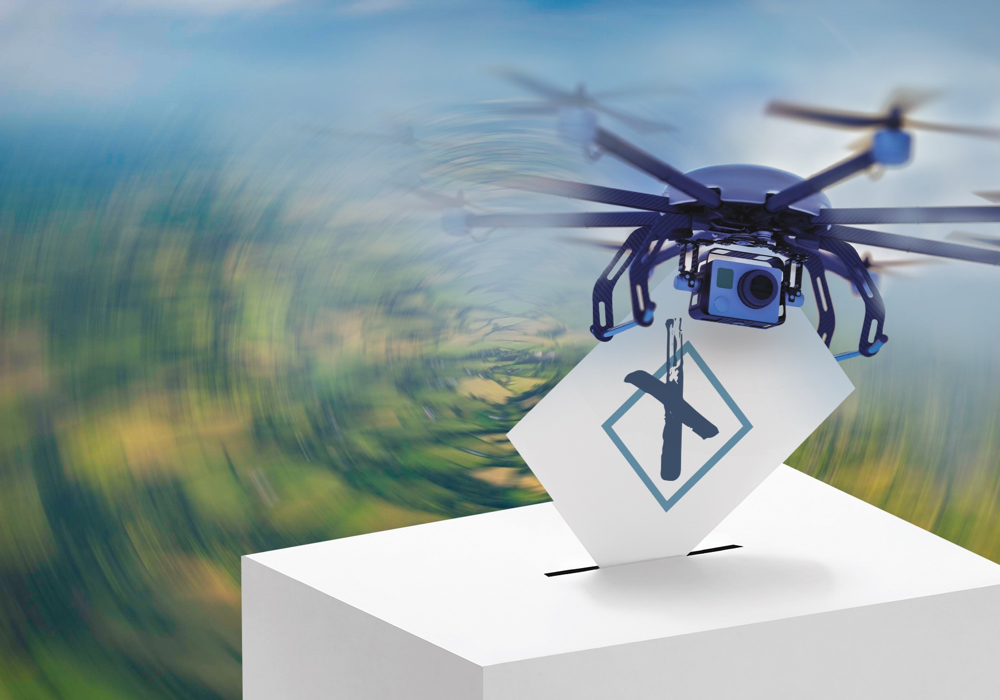Don’t wait until Oct. 19 to find out if you’re registered to vote.
That’s the message from rural Manitobans raising concerns about Elections Canada’s online registration system and changes made under the Fair Elections Act passed in 2014.
Jen Plas lives on a major road in the RM of Springfield, but said the Elections Canada website didn’t recognize her address when she went online to see if she was registered.
“I got kicked out and gave up for now,” she said, adding she’ll continue trying and go to an Elections Canada office if need be.
Read Also
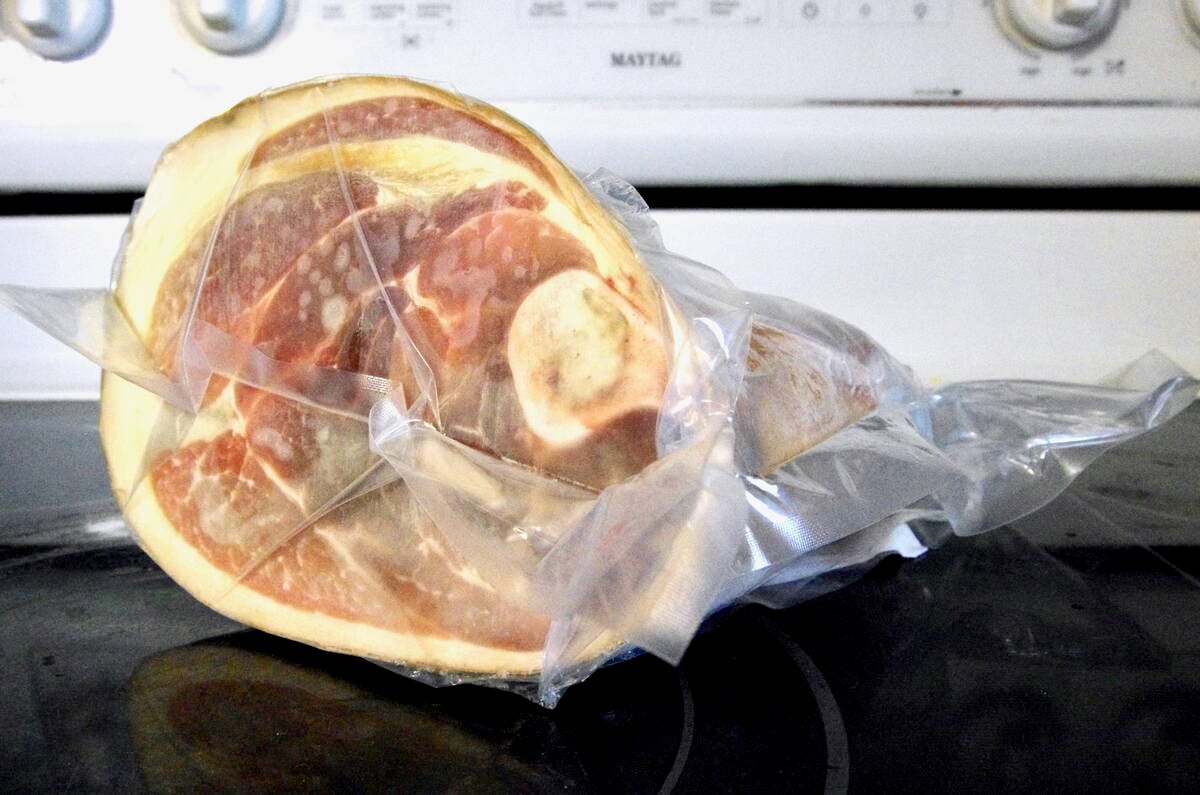
MANITOBA AG DAYS: Unmoved China tariffs worrying for Manitoba pork
Manitoba pork producers and Agriculture Minister Ron Kostyshyn have both noted lack of progress on Chinese tariffs on pork.
“But some people who don’t care tons about voting will be deterred.”
Trying to establish a hobby farm while also working full time, she said time is her most valuable commodity. Now, she said, her time is getting eaten up by what should be a simple process.
It’s a sentiment many people are echoing, according to Les Rutledge, who has been working to let rural voters know about the challenges and changes to voting after he had a similar experience.
“I went online and when I entered in my township (and) section, on the web page, it kicked me out and said nope, we can’t validate you, you have to contact Elections Canada,” he said.
“I then proceeded to call the 1-800 number and their recommendation was to visit my local Elections Canada office with the required documentation to get registered.”
Changes made to how voters identify and confirm their addresses could disqualify some voters, he warned.
“One big change is that in the past, if a person had the enumeration form from Elections Canada, that was deemed sufficient evidence of where you lived,” said Rutledge.
“The elections notice you get in the mail from Elections Canada is no longer considered evidence of where you live, so you have to have a least one piece of ID that includes your physical land address.”
That seems simple, but anyone who doesn’t have a driver’s licence is at a disadvantage, he said, such as adult children who still live at home, or elderly parents.
“You need to prove your identity and your address,” said Elections Canada spokeswoman Marie-France Kenny.
To do that, she said, one could present a government-issued card such as a social insurance number, or a bank statement, utility bill or lease statement with a name and address.
Not all family members are listed on utility bills or land titles, Rutledge said, leaving some people in the lurch. A growing reliance on community mailboxes and P.O. boxes means many rural residents no longer get mail with their home addresses. In some cases, rural drivers’ licences also use P.O. box numbers.
Can’t check online
Elections Canada said those addresses are considered valid, but there’s a catch.
“If you have a P.O. box, rural route or general delivery, you can use ID with that mailing address, as long as you’re registered with Elections Canada with that mailing address, so if you’re not sure what address you’re registered with, you can check online,” Kenny said.
Only you can’t check online, because the Elections Canada registration system doesn’t recognize most rural addresses.
Elections Canada’s own website acknowledges the problem in the first section of its online form, which states, “the Online Voter Registration Service accommodates certain address types only: Civic address (e.g. 123 Main Street), Lot and Concession address, or Section-Township-Range-Meridian address.”
So rural voters who don’t register in person prior to election day may find their ID is invalid when they get to the polls.
“For me out here at the farm, I do have two pieces of evidence. One is a Manitoba Hydro bill that’s tied to the property and secondly there is my property tax bill,” said Rutledge.
“That works for me, but the question is what happens when you have another adult, a spouse and adult child or a parent, who doesn’t have a licence and doesn’t receive those bills? What are they going to be able to use?”
If people are unable to provide documents which prove their addresses, Kenny said, they can have another individual vouch for them.
“If you don’t have your current address, if your ID doesn’t have your current address, you can take an oath. You show two pieces of ID with your name on it, and you have someone who knows you attest to your address. Now this person must show proof of their own identify and address, and they must be in the same polling division,” she said.
“What’s different is that last time you could vouch for someone’s ID and address, now you can only do it for the address and you can only do it for one person, and it’s not a verbal voucher, you do have to sign an oath.”
Rutledge said those changes will present a real challenge for some would-be voters, adding the voucher and vouchee must also be at the polling station at the same time.
“So if you can grab a neighbour and run in to vote that’s great, but you know how many people are even going to think about doing that before they go?” said Rutledge.
‘Rigmarole’
All the hurdles mean only the most determined will actually cast their ballot, he said, and in some cases, voters who don’t know they need it would have to acquire letters that confirm residency in advance — voters such as students in residence or seniors in long-term care facilities or retirement homes.
Elections Canada confirmed that in some cases, letters of residency or a letter from a public curator, guardian or trustee would be required.
However, there have been virtually no public education campaigns to let voters know about changes or to encourage people to vote during this election.
“Unfortunately, as part of the Fair Elections Act, Elections Canada has had its mandate to inform and promote involvement in the election removed, so where in the past Elections Canada would have been out there with a solid information campaign to ensure everyone out there was aware of what was going on, now it’s up to third parties to get the message out,” said Rutledge.
His No. 1 piece of advice to voters is to vote early using an advance poll so they know they will be able to cast their ballot.
Plas agreed, summing the situation up bluntly.
“Do it now if you can,” she said. “Because it’s a whole lot of f–ing rigmarole.”





